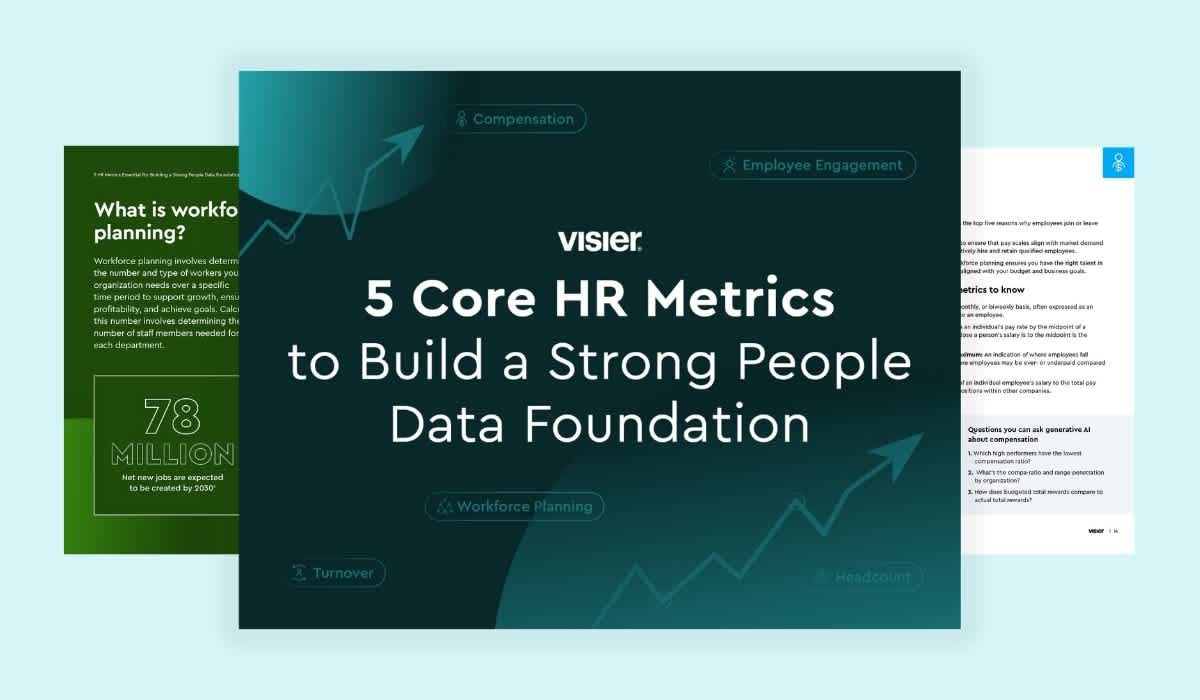What Is Algorithmic Fairness?
Algorithmic fairness ensures unbiased and objective outcomes from AI systems. Learn why that’s important for HR and organizations.

Algorithmic fairness refers to the process of ensuring that algorithms and their outcomes are unbiased and that they don’t discriminate against individuals or groups based on sensitive attributes like race, gender, or age. This prevents unfair or discriminatory practices that may arise from the use of algorithms in decision-making processes.
What are algorithms?
Algorithms are step-by-step procedures or rules to be followed to solve a specific problem or to perform a task. They are typically formed by using mathematical or logical instructions and can be implemented in computer programs.
Algorithms are a core element of artificial intelligence (AI). They process input data and produce outputs or decisions based on predefined rules and calculations.
How are algorithms used unfairly?
There are a number of ways that algorithms may be used unfairly. These have emerged as the use of AI has expanded exponentially.
For example, unfair algorithm usage might appear or impact:
In resume screening, algorithms may inadvertently discriminate against certain groups. For instance, if historical data used to train the algorithm reflect biases in the hiring process—e.g., certain schools or companies being favored—the algorithm might perpetuate those biases, leading to unfair outcomes.
In hiring, algorithms trained on biased historical data may inadvertently discriminate against certain groups when making hiring decisions, resulting in unfair outcomes.
During performance evaluation, algorithms used to rank employees may introduce bias if they rely on subjective criteria or factors that are not relevant to job performance. For example, if an algorithm considers factors like social media presence or extracurricular activities that are unrelated to job performance, it can disadvantage certain individuals or groups.
Pay equity may be impacted when algorithms used to determine salary or compensation inadvertently perpetuate pay disparities. For instance, if an algorithm considers factors that are correlated with gender or race (e.g., previous salary history) without considering job-related factors, it may contribute to the gender pay gap and wage disparities.
It’s important for organizations to carefully design, evaluate, and monitor the use of algorithms to ensure fairness in HR-related decisions. Regular auditing, diverse input, and transparency can help identify and mitigate any biases or unfairness that may arise.


